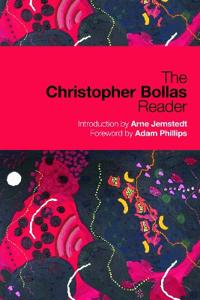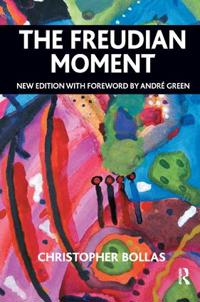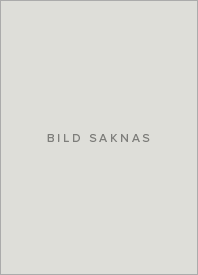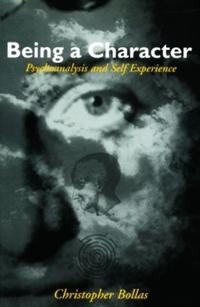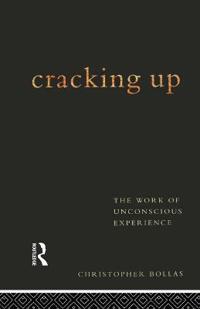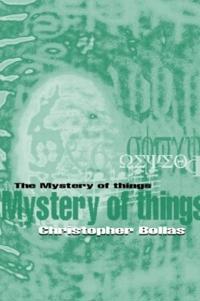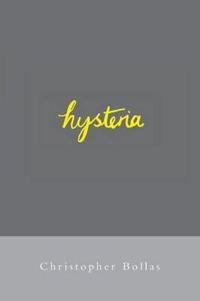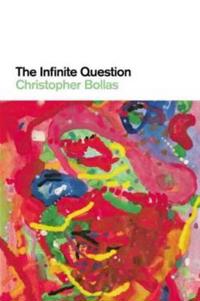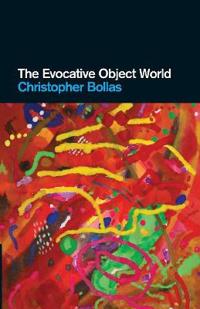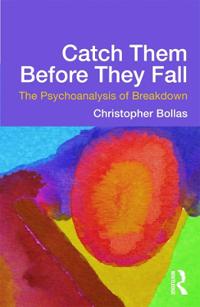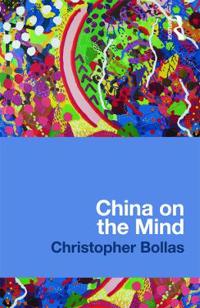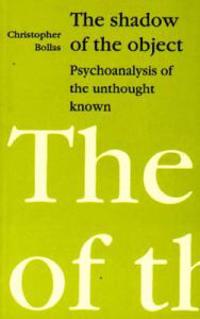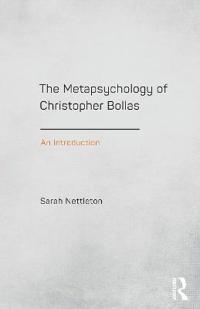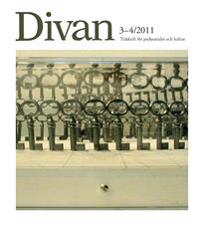The Christopher Bollas Reader (Häftad)
avChristopher Bollas
ISBN: 9780415664615 - UTGIVEN: 201106This reader brings together a selection of seminal papers by Christopher Bollas. Essays such as "The Fascist State of Mind," "The Structure of Evil," and "The Functions of History" have established his position as one of the most significant cultural critics of our time. Also included are examples o[...]
The Freudian Moment: (Pocket)
avChristopher Bollas, Andre Green, Christopher Bollas
ISBN: 9781780491301 - UTGIVEN: 201301Bollas eloquently argues for a return to our understanding of how Freudian psychoanalysis works unconscious to unconscious. Failure to follow Freud's basic assumptions about psychoanalytical listening has resulted in the abandonment of searching for the 'the logic of sequence' which Freud regarded a[...]
The Shadow of the Object (Häftad)
avChristopher Bollas
ISBN: 9780231066273 - UTGIVEN: 198905Basing his view on the object relations theories of the "British School" of psychoanalysis, Christopher Bollas examines the human subject's memories of its earliest experiences (during infancy and childhood) of the object, whether it be mother, father, or self. He explains in well-written and non-te[...]
Being a Character (Häftad)
avChristopher Bollas
ISBN: 9780415088152 - UTGIVEN: 199304Each person invests many of the objects in his life with his or her own unconscious meaning, each person subsequently voyages through an environment that constantly evokes the self's psychic history. Taking Freud's model of dreamwork as a model for all unconscious thinking, Christopher Bollas argues[...]
Cracking Up (Pocket)
avChristopher Bollas
ISBN: 9780415122436 - UTGIVEN: 2004-07In Being a Character , Christopher Bollas argued that Freud's vision of the dream process is a model for all unconscious mental experience. In Cracking Up he extends his exploration of the inner world of human experience and suggests that the rhythm of that experience is vital to individual creativi[...]
The Mystery of Things (Häftad)
avChristopher Bollas
ISBN: 9780415212328 - UTGIVEN: 199906In The Mystery of Things, Christopher Bollas takes the reader right to the heart of psychotherapy, examining the mysterious aspects of the self that are revealed by analysis. The method of enquiry at the heart of psychoanalysis, that is, free association, runs contrary to everything that we are taug[...]
Hysteria (Häftad)
avChristopher Bollas
ISBN: 9780415220330 - UTGIVEN: 199911Hysteria has disappeared from contemporary culture only insofar as it has been subjected to a repression through the popular diagnosis of 'borderline personality disorder'. In Hysteria the distinguished psychoanalyst Christopher Bollas offers an original and illuminating theory of hysteria that weav[...]
The Infinite Question (Storpocket)
avChristopher Bollas
ISBN: 9780415473927 - UTGIVEN: 200810In his latest book Christopher Bollas uses detailed studies of real clinical practice to illuminate a theory of psychoanalysis which privileges the human impulse to question. From earliest childhood to the end of our lives, we are driven by this impulse in its varying forms, and The Infinite Questio[...]
The Evocative Object World (Storpocket)
avChristopher Bollas
ISBN: 9780415473941 - UTGIVEN: 200810In The Evocative Object World Christopher Bollas builds on Freud's account of dream formation, combining it with perceptive clinical, theoretical and cultural insights to show how the psychoanalytical method can provide a rich understanding of what has traditionally been regarded as 'the outside wor[...]
Catch Them Before They Fall: The Psychoanalysis of Breakdown (Häftad)
avChristopher Bollas
ISBN: 9780415637206 - UTGIVEN: 201212In this exploration of a radical approach to the psychoanalytical treatment of people on the verge of mental breakdown, Christopher Bollas offers a new and courageous clinical paradigm. He suggests that the unconscious purpose of breakdown is to present the self to the other for transformative under[...]
China on the Mind (Häftad)
avChristopher Bollas
ISBN: 9780415669764 - UTGIVEN: 201210Several thousand years ago Indo-European culture diverged into two ways of thinking; one went West, the other East. Tracing their differences, Christopher Bollas examines how these mentalities are now converging once again, notably in the practice of psychoanalysis. Creating a freely associated comp[...]
Cracking Up (Häftad)
avChristopher Bollas
ISBN: 9780809015900 - UTGIVEN: 1996-07The distinguished psychoanalyst Christopher Bollas here extends his exploration of the inner world of human experience. Taking Freud's vision of the dream process as a model for all unconscious mental experience, he suggests that the rhythm of that experience - in which we respond to everyday moment[...]
The Shadow of the Object (Häftad)
avChristopher Bollas
ISBN: 9780946960606 - UTGIVEN: 198701Bollas integrates the unique contribution of the British School of Object Relations with the fine texture of problems that have arisen in the author's own clinical practice. It makes the best insights of the object relations approach clearly available.[...]
The Metapsychology of Christopher Bollas (häftad)
ISBN: 9781138795556 - UTGIVEN: 2016-08The Metapsychology of Christopher Bollas: An introduction explores Bollas's extraordinarily wide contribution to contemporary psychoanalysis. The book aims to introduce and explain the fundamentals of Bollas's theory of the mind in a systematic way, addressing many of the questions that commonly ari[...]
Theraplay and Other Plays (Häftad)
avChristopher Bollas
ISBN: 9781853439681 - UTGIVEN: 200512The main characters of these five plays by Christopher Bollas struggle to survive in a post "Catastrophe" world. As they go about ordinary life it is clear that something insidious has both preceded their existence, coloured it, and is everywhere and nowhere. Like the existential universe of some pl[...]
Divan 3-4 2011 Konfidentialitet (Tidskrift)
avTorberg Foss, Clarence Crafoord, Christopher Bollas, Karin Johannisson, Sara Mannheimer, Göran Torrkulla, Mona Vincent, Babis Carabeidis
ISBN: 9789186441050 - UTGIVEN: 201112Innehåll Divan 3-4 2011
2 Inledning
5 Torberg Foss Sinnets inåtvändhet
13 Clarence Crafoord Att fånga sin flyktiga sanning
19 Christopher Bollas Till konfidentialitetens försvar
37 Karin Johannisson Hemligheters lådor, lönnfack och slöjo[...]

